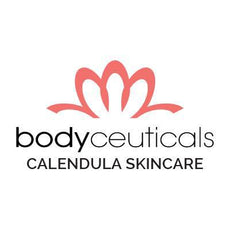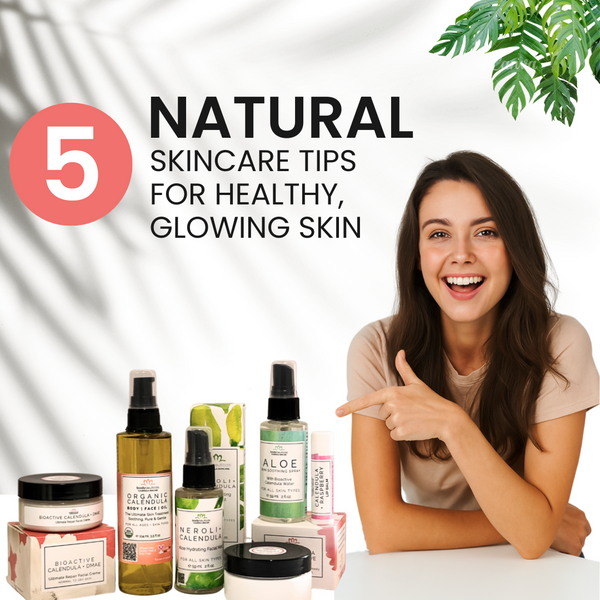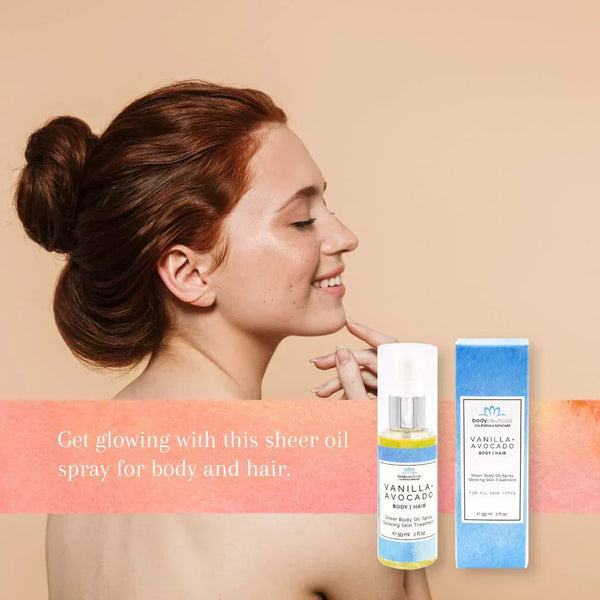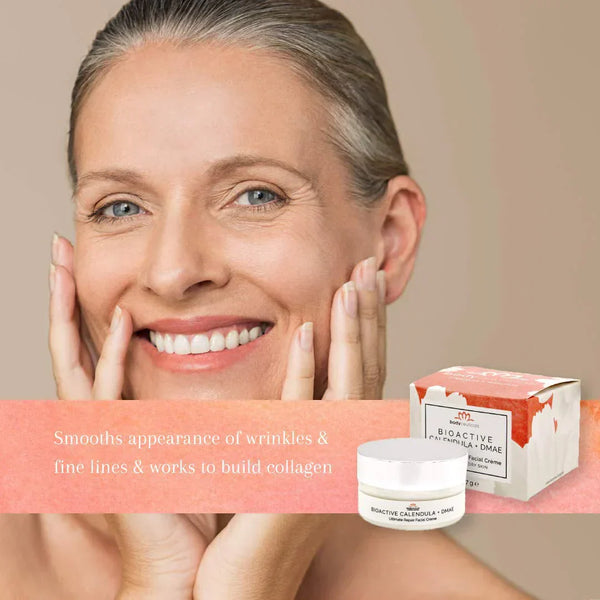What is the Best Moisturizer Cream for Face?

In the vast and ever-expanding universe of skincare, the facial moisturizer stands as a non-negotiable hero. It is the final, crucial step in any effective routine, acting as the protective seal that locks in all the goodness from your serums and treatments while simultaneously defending your skin against the daily onslaught of environmental aggressors. But the question remains: what is the best moisturizer cream for your face? The truth is, there is no single answer. The perfect moisturizer is a highly personal choice, a tailored solution that must align with your unique skin type, concerns, and lifestyle. This comprehensive guide will demystify the process, helping you navigate the options and find the one that will become your holy grail.An excellent moisturizer works on three fundamental levels. First, it contains humectants like hyaluronic acid and glycerin that attract and bind water to the skin. Second, it uses emollients such as ceramides and shea butter to fill the gaps between skin cells, creating a smooth and soft texture. Finally, it employs occlusives like petrolatum or beeswax to form a protective barrier, preventing moisture from escaping. A truly effective cream combines these three elements to provide long-lasting hydration and a healthy skin barrier.
Choosing the Right Moisturizer Cream for Your Skin Type
Your skin type is the most important factor in selecting the right moisturizer. What works for someone with dry skin will likely cause breakouts for someone with an oily complexion.
-
For Dry Skin: Dry skin lacks both oil and water, leading to a tight, flaky, and uncomfortable feeling. Look for thick, rich creams packed with emollients and occlusives. Ingredients like shea butter, ceramides, and heavy plant oils are your best friends. These formulas not only hydrate but also replenish the skin’s lipid barrier, which is often compromised in dry skin.
-
For Oily & Acne-Prone Skin: It’s a common misconception that oily skin doesn't need moisturizer. Skipping this step can trick your skin into overproducing oil to compensate. The key is to choose a lightweight, oil-free, and non-comedogenic formula. Gel-based creams and lotions are ideal. Look for ingredients like niacinamide, which helps regulate oil production, and hyaluronic acid for weightless hydration.
-
For Combination Skin: This skin type is a balancing act, with an oily T-zone and drier cheeks. A good moisturizer for combination skin will be lightweight enough not to clog pores in the T-zone but hydrating enough to nourish the drier areas. Gel-creams and balancing lotions are excellent choices. Look for formulas that are described as "hydrating but not heavy."
-
For Sensitive Skin: Sensitive skin is prone to redness, irritation, and inflammation. The goal is to calm and protect. Look for "fragrance-free," "hypoallergenic," and "dermatologist-tested" labels. Avoid potential irritants like synthetic fragrances, dyes, and harsh alcohol.
Top Face Moisturizer Creams Infused with Calendula for Calming Sensitive Skin
For anyone with sensitive skin, finding the right moisturizer can feel like an endless quest. The wrong product can lead to redness, breakouts, and a general sense of discomfort.Brands like Bodyceuticals have harnessed the soothing benefits of calendula to create gentle yet effective formulations that support skin healing without harsh additives. For sensitive skin, which is often characterized by a compromised barrier and a tendency toward inflammation, Calendula Cream For Face is a true hero.The key to a calm, happy complexion is a formula that not only hydrates but also actively soothes and repairs the skin's delicate barrier. While countless ingredients promise to do the job, one botanical extract consistently rises to the top for its powerful and gentle efficacy: calendula.Derived from the marigold flower, calendula has been a staple in traditional medicine and skincare for centuries. Its natural compounds are a powerhouse of anti-inflammatory, antiseptic, and healing properties. For sensitive skin, which is often characterized by a compromised barrier and a tendency toward inflammation, calendula is a true hero. It works to reduce redness, alleviate irritation, and promote a healthier, more resilient skin surface. By choosing a moisturizer infused with this golden-hued botanical, you're not just adding hydration; you're providing your skin with a comforting embrace that helps it heal and thrive.In this comprehensive guide, we'll dive deep into some of the best face moisturizer creams infused with calendula. We'll explore their unique formulations, textures, and why they've earned a top spot for calming and nourishing sensitive skin.
Why Calendula Facial Creme Is a Must-Have for Sensitive Skin
For anyone with sensitive, easily irritated, or reactive skin, calendula is an ingredient you need to know. Derived from the humble marigold flower, calendula has been used for centuries in traditional medicine for its profound healing and soothing properties. When incorporated into a facial creme, it acts as a powerful anti-inflammatory and antiseptic agent.Calendula helps to calm redness and reduce irritation, making it an excellent choice for conditions like rosacea or eczema. It fortifies the skin's natural barrier, helping it become more resilient to environmental triggers and everyday stressors. A high-quality calendula facial creme will feel gentle and nourishing, providing essential moisture without any of the potential irritants that can cause a flare-up. By choosing a calendula-based moisturizer, you’re not just hydrating your skin; you're actively nurturing and repairing its delicate ecosystem.
Unlock Glowing Skin with Antioxidants Facial Creme
Everyone desires that radiant, healthy glow, and antioxidants are your ticket to achieving it. Our skin is constantly under siege from free radicals—unstable molecules caused by sun exposure, pollution, and even stress. These free radicals lead to oxidative stress, which damages skin cells and accelerates signs of aging, such as fine lines, dullness, and an uneven skin tone.An antioxidant facial creme acts as a shield, neutralizing these free radicals and protecting your skin from the damage they inflict. Key antioxidants to look for include Vitamin E, ferulic acid, and green tea extract. Vitamin E, in particular, is a powerful antioxidant that protects the skin’s lipid barrier. By incorporating a moisturizer with these ingredients into your daily routine, you're giving your skin the tools it needs to fight off daily damage, resulting in a brighter, more youthful, and truly glowing complexion.
How Vitamin C Facial Creme Can Brighten and Repair Your Skin
When it comes to skin-transforming ingredients, Vitamin C is at the top of the list. As a potent antioxidant, it offers a dual benefit: it protects your skin while also actively working to repair and revitalize it. Vitamin C is essential for the production of collagen, the protein that gives our skin its structure, firmness, and elasticity. As we age, our natural collagen production declines, leading to sagging and fine lines. Regular use of a Vitamin C moisturizer can help stimulate collagen synthesis, resulting in plumper, more resilient skin.Beyond its anti-aging properties, Vitamin C is a phenomenal skin brightener. It helps to inhibit the production of melanin, the pigment responsible for dark spots, sun spots, and hyperpigmentation. Consistent use can fade existing discoloration and prevent new spots from forming, leading to a more even and luminous skin tone. When shopping for a Vitamin C facial creme, look for a stable form of the vitamin, and ensure the product is packaged in an opaque container to protect it from light and air, which can degrade its efficacy.
Best Natural Ingredients to Look for in a Face Moisturizer Cream
For those who prefer a more holistic and gentle approach, Mother Nature offers a treasure trove of potent ingredients.
-
Hyaluronic Acid: While often synthetically produced, it is a substance naturally found in our skin. It is a superstar humectant that can hold a thousand times its weight in water, providing intense, plumping hydration.
-
Shea Butter: This rich, emollient butter is a godsend for dry and dehydrated skin. It's packed with fatty acids and vitamins that soothe, soften, and protect the skin's barrier.
-
Jojoba Oil: This oil closely mimics the skin’s natural sebum, making it an excellent choice for all skin types, including oily skin. It moisturizes without leaving a greasy residue and helps to balance oil production.
-
Aloe Vera: Known for its cooling and anti-inflammatory properties, aloe vera is perfect for soothing irritated or sun-damaged skin. It's a lightweight hydrator that won't clog pores.
-
Rosehip Oil: Rich in vitamins A and C and essential fatty acids, rosehip oil is a fantastic natural choice for anti-aging. It helps to reduce the appearance of scars and fine lines while providing deep nourishment.
Using Herbal Facial Steam to Prep Skin for Deep Moisturization
The secret to a moisturizer’s effectiveness isn’t just in its ingredients, but also in how you apply it. A crucial, yet often overlooked, preparatory step is a herbal facial steam. Steaming your face gently opens up your pores, allowing your moisturizer’s active ingredients to penetrate more deeply and work more effectively. It also helps to soften and loosen impurities, leaving your skin feeling incredibly clean and refreshed.To create a spa-like experience at home, fill a bowl with hot water and add a handful of fresh herbs or a few drops of essential oils. Chamomile and lavender are excellent for calming skin, while green tea leaves and rosemary offer an antioxidant boost. Drape a towel over your head and lean over the bowl for 5-10 minutes. Immediately after steaming, your skin is primed and ready. Apply your moisturizer while your skin is still slightly damp to lock in all that moisture.
The Role of Moisturizer in Anti-Aging Skincare Routines
A moisturizer is a cornerstone of an anti-aging routine. While potent serums and targeted treatments get most of the credit, a moisturizer provides the foundation for their success. Dehydrated skin looks older, with fine lines and wrinkles appearing more pronounced. A rich, hydrating moisturizer plumps the skin, visibly reducing the appearance of these signs of aging.For an anti-aging moisturizer, look for ingredients that go beyond simple hydration. Peptides, for example, are short chains of amino acids that can signal the skin to produce more collagen, improving firmness and elasticity. Retinol, a derivative of Vitamin A, is another powerhouse ingredient that speeds up cell turnover, reducing fine lines and improving skin texture. Niacinamide not only regulates oil but also improves skin elasticity and brightens the complexion. By choosing a moisturizer with these key ingredients, you can actively combat the signs of aging while providing essential hydration.
Common Moisturizing Mistakes and How to Avoid Them
Even with the best moisturizer, improper application can render it ineffective. Here are some common mistakes and how to fix them:
-
Applying to Dry Skin: Applying moisturizer to completely dry skin is a missed opportunity. Your skin is most receptive to hydration when it’s slightly damp. The water on your face helps the humectants in your cream to work more effectively.
-
Using Too Much or Too Little: Using too much can clog pores and feel greasy, while using too little won't provide adequate hydration. A pea-sized amount is generally sufficient for the face.
-
Skipping the Neck: The skin on your neck is thin and just as susceptible to aging as your face. Always extend your moisturizing routine down to your neck and décolletage.
-
Not Changing with the Seasons: Your skin's needs change with the weather. In the dry winter months, you may need a thicker, more occlusive cream, while a lighter gel-based formula might be perfect for humid summers.
Building the Perfect Skincare Routine Around Your Face Cream
Your moisturizer should be the final layer of your skincare routine, creating a protective seal. Here’s a simple routine to build around it:
-
Cleanse: Start with a gentle cleanser to remove dirt, oil, and makeup.
-
Tone (Optional): A toner can help balance your skin’s pH and provide a first layer of hydration.
-
Treat: Apply your serums and treatments, such as a Vitamin C serum in the morning or a retinol serum at night. These potent products should go on before your moisturizer to ensure they penetrate effectively.
-
Moisturize: Apply your chosen face cream to lock everything in.
-
Protect (AM Only): Always finish your morning routine with a broad-spectrum sunscreen of at least SPF 30.
Conclusion
Finding the "best" moisturizer cream for your face is a journey of self-discovery. It's about listening to your skin, understanding its unique needs, and arming yourself with the knowledge to make an informed choice. By focusing on your skin type, paying attention to key ingredients like calendula and Vitamin C, and avoiding common mistakes, you can select a product that not only hydrates but also protects, repairs, and revitalizes your complexion. The right moisturizer, applied correctly, is the foundation of a healthy, radiant glow.
FAQs
Can I skip moisturizer if I have oily skin?
No, you should never skip moisturizer, even if you have oily skin. Oily skin can still be dehydrated, and skipping moisturizer can cause your skin to overproduce oil to compensate, making the problem worse. Choose a lightweight, oil-free, non-comedogenic formula instead.
Is a more expensive moisturizer always better?
Not necessarily. While some high-end products contain advanced ingredients and technologies, many affordable drugstore brands offer excellent, dermatologist-recommended formulas that are just as effective. The key is to find a product with the right ingredients for your skin, not the highest price tag.
How often should I moisturize?
You should moisturize twice a day: once in the morning and once at night. This ensures your skin stays hydrated and protected 24/7.
What's the difference between a cream and a lotion?
Creams are typically thicker and richer, containing a higher oil-to-water ratio. They are best for dry and mature skin. Lotions are lighter, with a higher water content, making them suitable for oily, combination, or normal skin.



